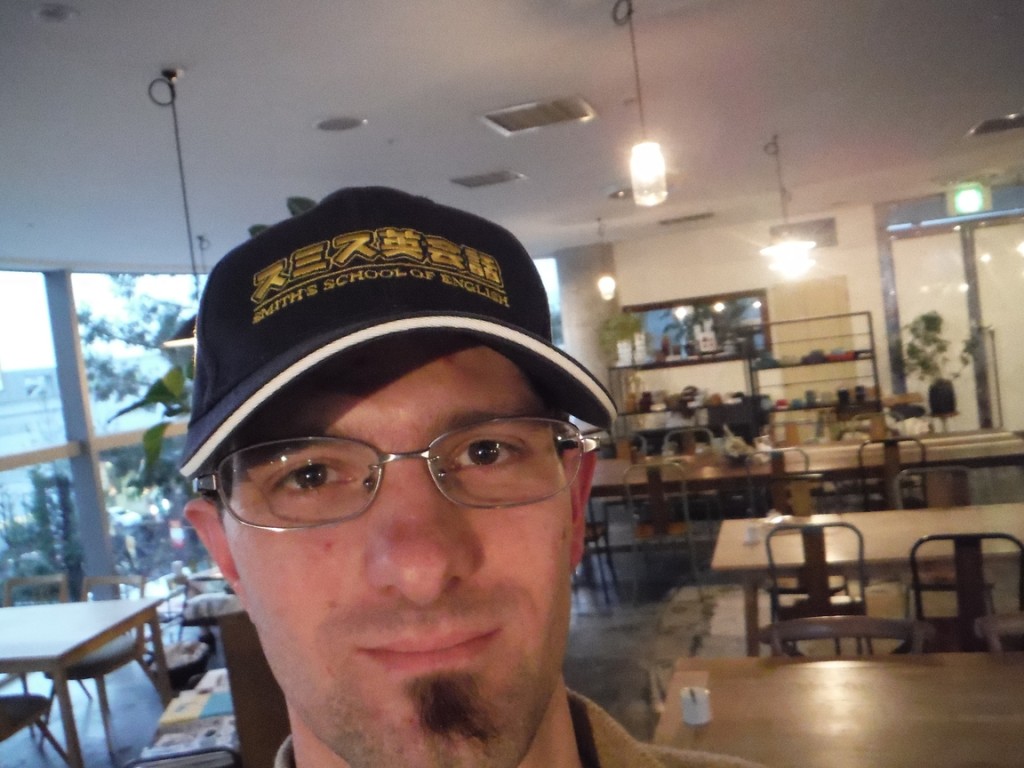
How can achievement be measured? How do we know we have progressed? For the language learner, measuring success can be difficult. In Measuring Achievement Part 1, Masako’s story is told, about how she uses games results to show how she is progressing. Here is another way English conversation school students can measure their progress- by using time.
At our English conversation school in Otsu we truly believe in providing as many opportunities to speak as possible. For this reason we organize many regular events, such as bowling & karaoke parties, monthly English circles, and annual parties. One of the wonderful benefits of regular events is that we can see our progress at regular intervals. We host an annual Christmas party in December, usually attended by 30-40 people. At the party we ask everyone to make a self-introduction. We go around the room, one by one standing up and giving an introduction.
This is such a clear and easy way to measure students’ progress. Take Mr Y for example. At our party in 2007, Mr Y made the simplest of introductions, short and shy and completelyin Japanese. He had just joined our school and was lacking in confidence. Mr Y has continued to study hard and has attended the Christmas party every year. Year by year his self-introduction has switched from Japanese, to half and half, and finally to all English. His introduction has also gotten longer and longer. At our party in 2015, we almost had to ask him to stop because his speech was taking too long!
Regular events give us the opportunity to see, as a group and as individuals, how our English conversation skills have improved. Much like elementary school music concerts or dance school year-end recitals, time is a tool to measuring success.
Edward, Smith’s School of English Otsu
Leave a Reply